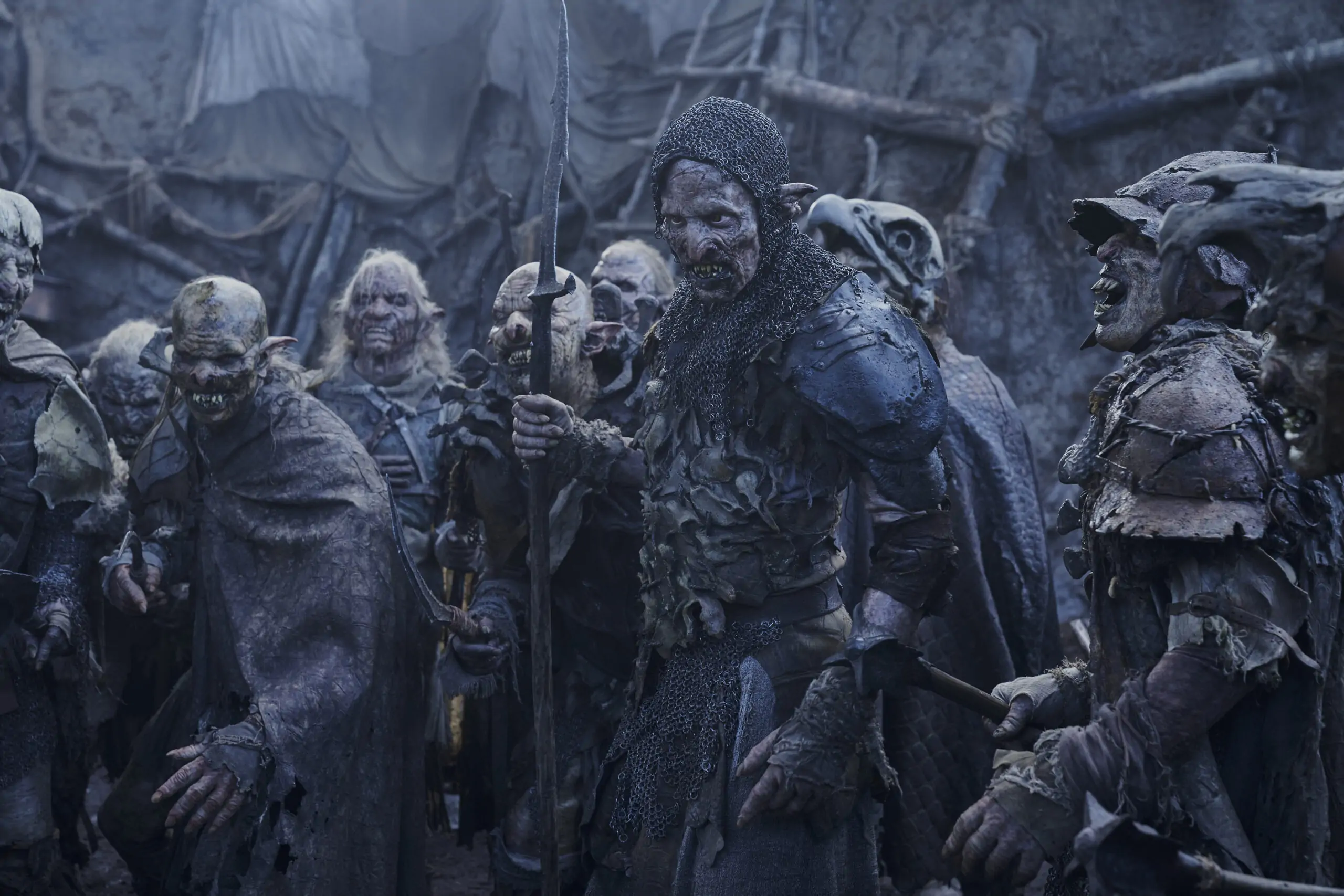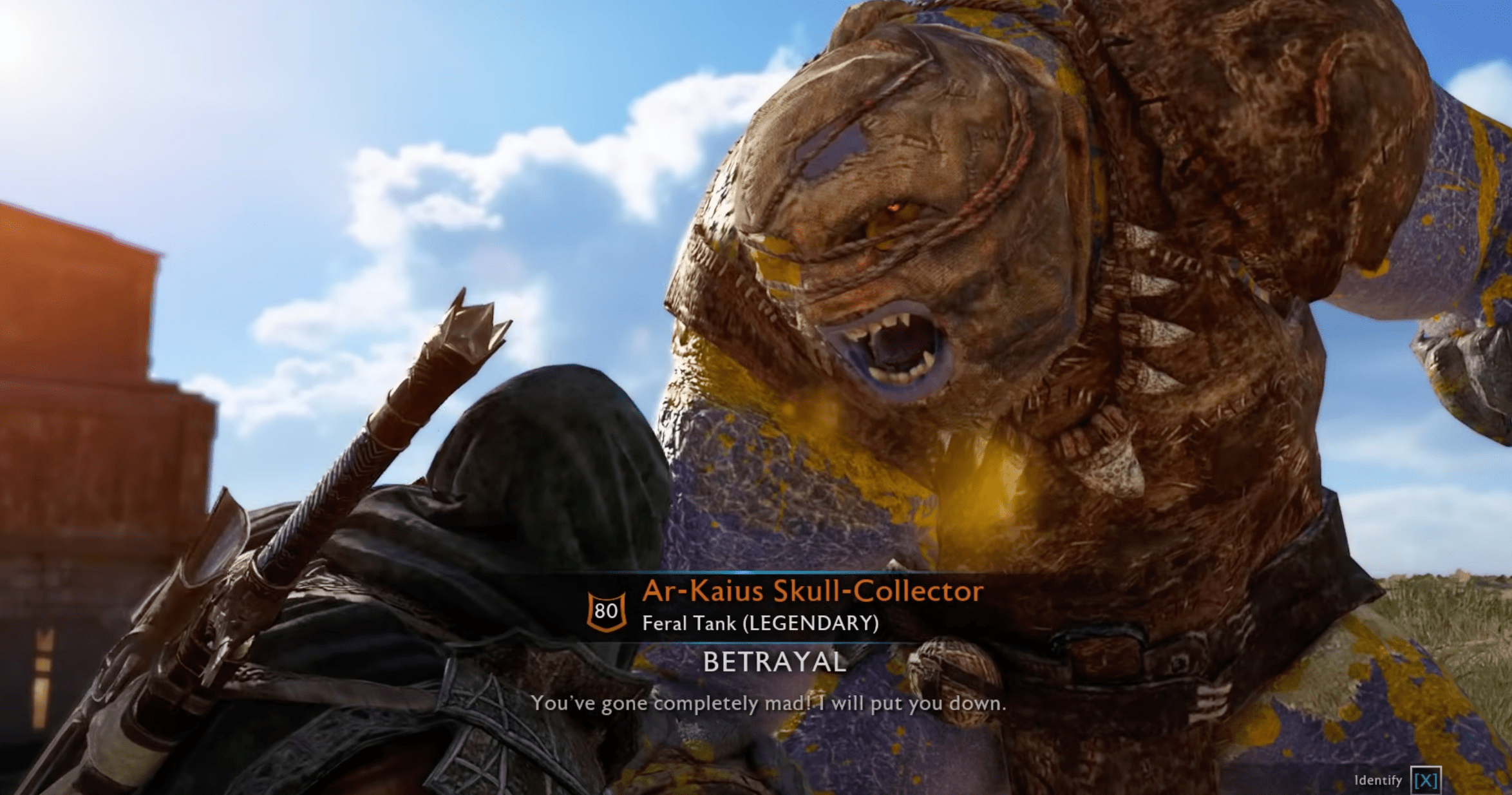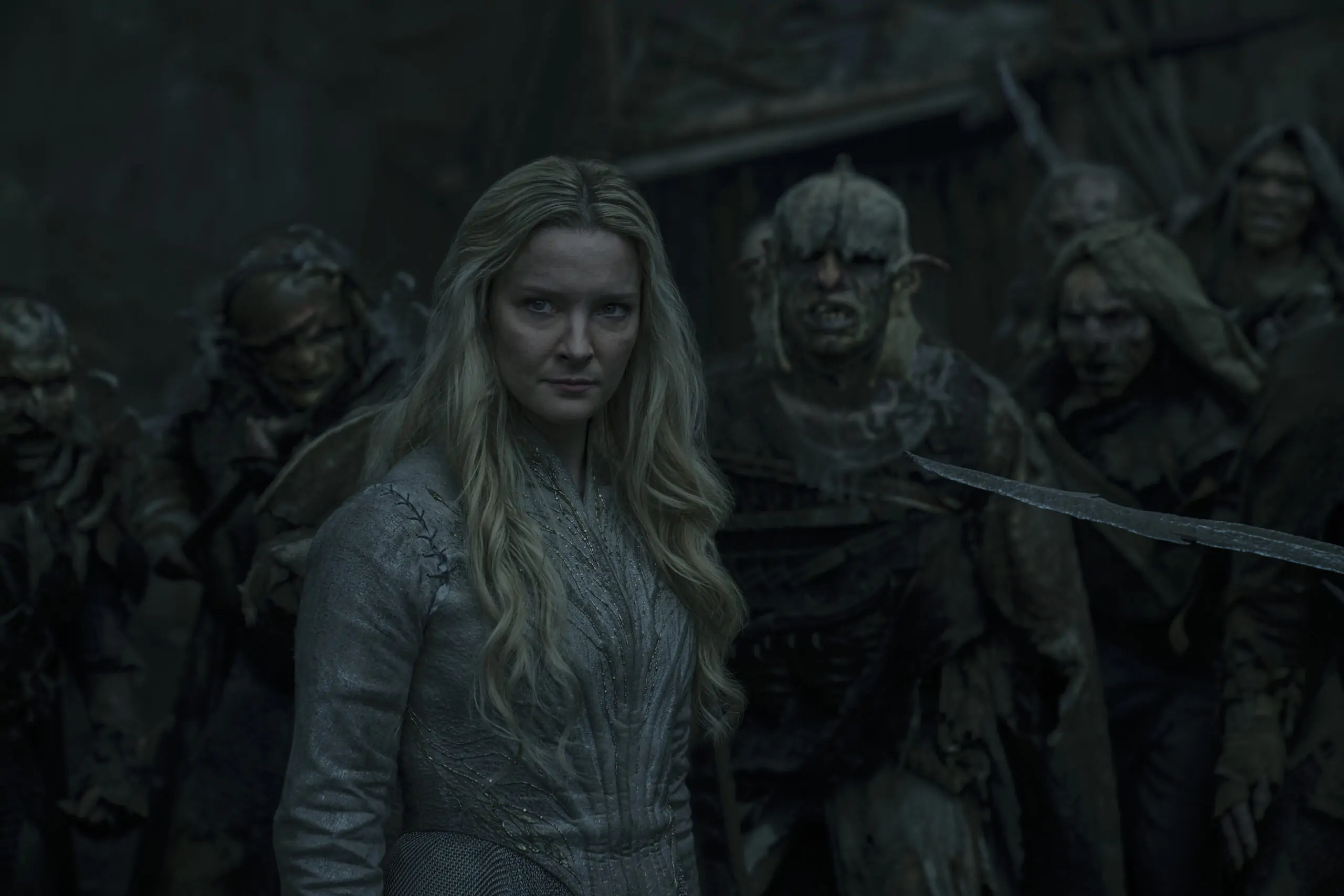
Attempts to revise fantasy stories to address colonialism often fall flat and seem like satire rather than genuine improvement. A recent example is a professor at a British university who argued that the portrayal of orcs in J.R.R. Tolkien’s writing actually reinforces racist ideas.
A new course at the University of Nottingham, called Decolonising Tolkien et al., is sparking discussion. According to a report in *The Telegraph*, the course explores the idea that the orcs in *The Lord of the Rings* can be interpreted as representing people of color. Led by Dr. Onyeka Nubia, the class suggests that Tolkien’s depiction of dark-skinned creatures and ‘eastern races’ in Middle-earth reflects biases against African people and a preference for certain ethnicities.

This course examines how Tolkien portrayed evil creatures like orcs, arguing it reflects colonial and racist ideas. The story often presents fair-skinned heroes from the West as symbols of goodness, while darker-skinned, foreign characters are depicted as villains. Nubia argues this isn’t accidental; it’s a result of ingrained bias within the writing itself.
Rewriting the Rings
Dr. Nubia has sparked discussion by suggesting that *The Lord of the Rings* reflects a bias where African cultures are portrayed as opposing forces to white Europeans. He argues that Tolkien’s depiction of groups like the Haradrim and Easterlings as savage invaders, contrasted with the virtuous people of Gondor and Rohan, draws on a historical pattern in British stories. The course explores this idea, suggesting similar themes can be found in the works of other authors, including C.S. Lewis, John Milton, and William Shakespeare.

Nubia also argues that classic English literature often overlooks diversity, creating a false image of a purely English, rather than multicultural, past. She believes that works like fantasy novels, historical poems, and Renaissance plays should be examined for this bias, as they often ignore the historical presence of Africans in England.
Fans and Scholars Respond
It’s no surprise that the idea of orcs being stand-ins for people of color has been controversial among Tolkien fans. Well-known commentators like the Critical Drinker and Nerdrotic have publicly criticized this interpretation, arguing it misrepresents what Tolkien intended. Tolkien consistently stated his stories weren’t meant as allegories, and many scholars still agree with this point.

As a huge Tolkien fan, I’ve been following this debate, and honestly, the argument feels really backwards to me. It claims orcs – creatures literally *defined* by being monstrous and serving evil – are meant to represent real-world races. But if that’s true, then the argument itself becomes incredibly problematic and, well, racist! It’s like saying the most villainous fictional beings *are* certain groups of people, all while trying to talk about fighting prejudice. It’s a really strange irony, and frankly, only something you’d find in academic discussions.
Injecting Race Where It Doesn’t Belong
Look, as someone who loves movies and stories, there’s a big difference between actually *understanding* a classic and trying to force today’s issues onto it. *The Lord of the Rings* is a fantastic, deeply moral story – it comes from Tolkien’s beliefs, his love of languages, and all the old myths he studied. Trying to read it now as some kind of racist story is just… well, it’s silly. It’s like saying *Beowulf* is about Nordic colonialism or *The Odyssey* is pushing a Mediterranean agenda. It just doesn’t fit, and it misses the whole point of the original work.

The core of Tolkien’s work is actually quite straightforward: his battle between good and evil reflects the moral lessons found in ancient myths, not contemporary ideas about identity. He uses light and darkness as symbols of spirituality, not as ways to describe race. His creatures are evil because they are corrupted, not because of their skin color.
Despite this, scholars continue to analyze Middle-earth through a modern cultural lens. It’s no longer enough to discuss Tolkien’s creative world or the lessons within his stories; some professors now aim to redefine the idea of mythology itself, applying concepts of decolonization.
The Broader Trend
The University of Nottingham’s changes to its Tolkien course aren’t unique. Across British literature, texts are being revised by those looking for potentially offensive content. In 2023, new editions of *Charlie and the Chocolate Factory* and *Matilda* were released with hundreds of words changed or cut. Shortly after, the James Bond novels underwent similar edits, removing descriptions of race and dialogue that reflected the time period.

As a film buff, I’ve noticed this trend a lot lately: it usually starts with people wanting to ‘re-evaluate’ classic movies. But it quickly goes further than just looking at them differently. It often turns into outright *changing* them, swapping out the original creative vision for a more modern political agenda. It feels like one generation’s ideas are being erased and replaced by another’s.
If we start interpreting Tolkien’s Middle-earth as simply a story about race, it opens the door to changing any story to fit a particular viewpoint. This often leads to censorship, disguised as positive change.
The Real Legacy
J.R.R. Tolkien fought in World War I and strongly opposed ideologies like totalitarianism and racism. In 1938, he specifically denounced German racial theories, calling them harmful and illogical. Therefore, claiming his fictional creatures, like goblins, promote racism ignores his deeply held moral beliefs.

As a lifelong movie and fantasy fan, I’ve always seen Tolkien’s world as fundamentally about bringing people together. He created this incredible mythology, really hoping to give England a shared story celebrating things like bravery, loyalty, selflessness, and optimism. Honestly, the idea that his Orcs somehow represent racism just feels wrong to me. It doesn’t shed light on the story he *intended* to tell; it actually twists it. It encourages us to find negativity where there isn’t any, to assume bad intentions behind something purely imaginative.
Perhaps the most unfortunate thing is this: instead of encouraging students to delve into the rich language, religious beliefs, and stories behind a timeless classic, a university in Britain is now teaching them to interpret the characters as representations of racial issues. This illustrates a troubling trend in academia – the tendency to force art into a modern moral framework, consistently portraying history as the enemy.
If this is an example of truly decolonizing literature, then we should also consider freeing education from being controlled by any single ideology.
Read More
- Mobile Legends: Bang Bang (MLBB) Sora Guide: Best Build, Emblem and Gameplay Tips
- Clash Royale Best Boss Bandit Champion decks
- Best Hero Card Decks in Clash Royale
- All Brawl Stars Brawliday Rewards For 2025
- Best Arena 9 Decks in Clast Royale
- Brawl Stars December 2025 Brawl Talk: Two New Brawlers, Buffie, Vault, New Skins, Game Modes, and more
- Clash Royale Witch Evolution best decks guide
- Call of Duty Mobile: DMZ Recon Guide: Overview, How to Play, Progression, and more
- Clash Royale December 2025: Events, Challenges, Tournaments, and Rewards
- Clash of Clans Meltdown Mayhem December 2025 Event: Overview, Rewards, and more
2025-10-20 15:58